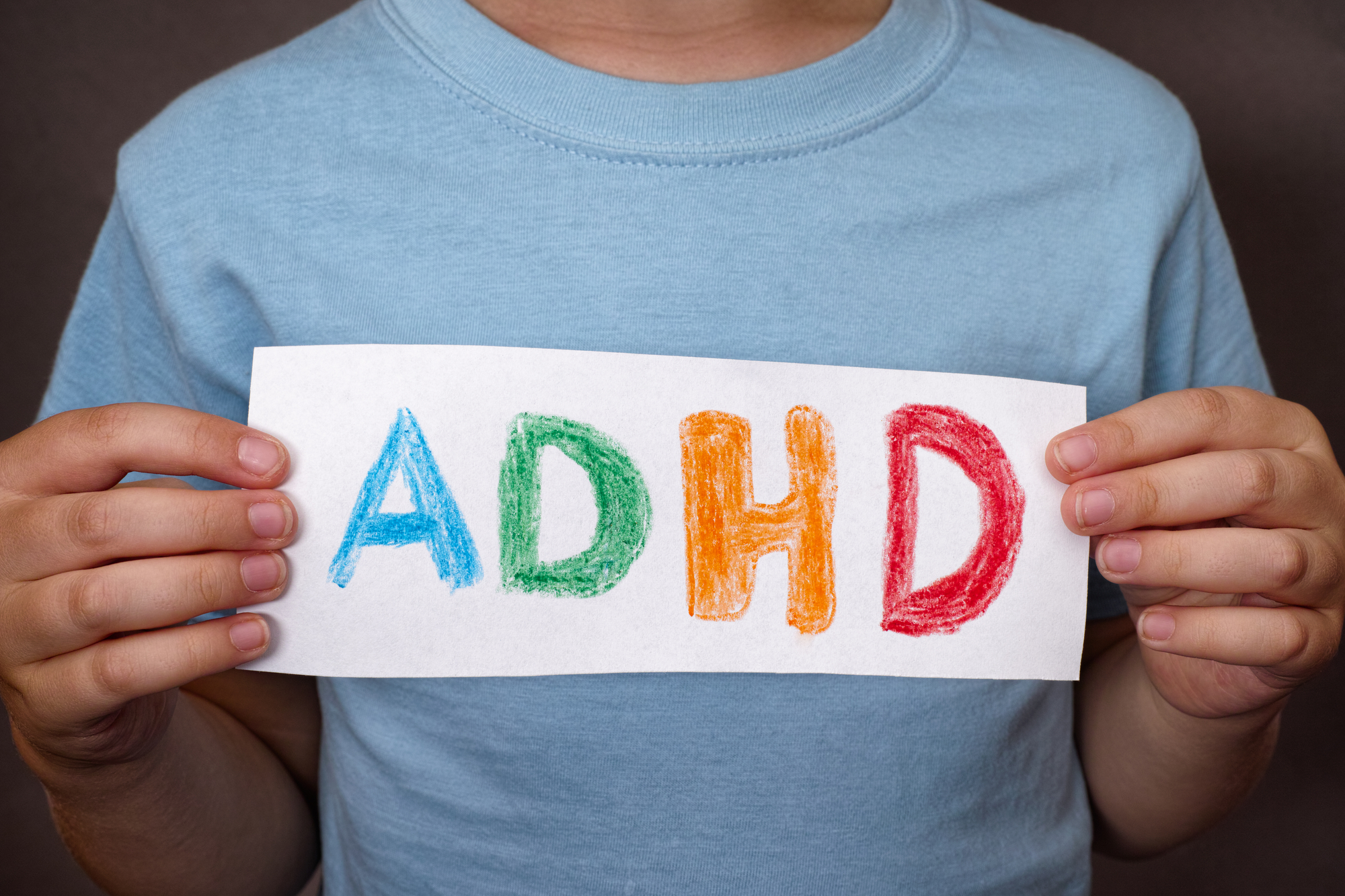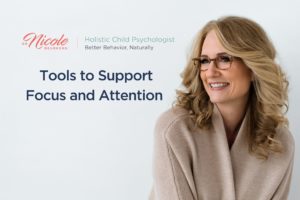Diagnosis of Attention Deficit Hyperactivity Disorder (ADHD) has skyrocketed in the last 20 years and is the most commonly diagnosed neurodevelopmental disorders in children and young adults.
Typically there are multiple children in every school classroom who have been diagnosed with ADHD, and over 13% of male students are medicated for ADHD.
While it’s appealing to think that these kids have some inherent biological disorder that causes them to struggle with focus and attention, and therefore medication is the solution, this is simply not the case. It is fair to say at this point that the idea of ADHD has ballooned into something it was never intended to be, and over-diagnosis is rampant. Even the original physicians who created the criteria and diagnostic category for ADHD have criticized the current over-diagnosis and over-medicalization of these symptoms!
There are several beliefs that professionals (and some parents) have about ADHD symptoms that seem to lead to overdiagnosis and mistreatment of children with these struggles. A recent study1 identified 5 specific misconceptions that education professionals have about ADHD symptoms, diagnosis, and treatment. This is important to look at, because school professionals are often the first to raise concerns about these issues, and have a good amount of power to push diagnosis and treatment with parents. Here is a summary of the 5 specific misunderstandings that can lead to inaccurate diagnosis and treatment:
1. Age and developmental level matter – Research shows that the youngest children in a class are twice as likely to be diagnosed with ADHD as their older peers. This means that some children are being diagnosed with a disorder that may very well be due to their younger age and developmental level. When held to the same expectations as older and more developmentally mature students, these children may look like they have problems with focus, attention, and hyperactivity. However, they are simply behaving in alignment with their age! It is essential to take a child’s age and developmental level into account.
2. No identified single cause – There is no objective test or process for determining whether ADHD is present, and often the mere existence of attention or hyperactivity problems leads people to assume that ADHD must be present. This is not correct, as the symptoms that define ADHD can be present for many different reasons. Research has identified a wide variety of causes of these symptoms including things like trauma, parenting styles, teaching styles, poverty, sleep problems, poor diet, and family stressors. There is no single conclusive cause of ADHD symptoms, although many people wrongly believe there is a specific genetic or brain-based factor involved.
3. Clear brain differences don’t exist – Studies have looked at differences in brain anatomy in people diagnosed with ADHD, but to date, there is no evidence of significant structural differences compared to people without ADHD. Some of the findings of these studies, such as the decreased volume in certain brain areas or altered dopamine levels, have been generalized to the point where professionals believe they are present in every person with ADHD. The reality is that there is no identified brain anatomy difference that confirms whether ADHD is present or not.
4. Genetics are not conclusive – Research has shown that the symptoms of ADHD tend to run in families, with studies showing that there is a strong likelihood of children inheriting these traits from parents. While this may be the case, it has no connection to there actually being a set of genes that cause the disorder. Environmental influences such as parenting style and poverty also tend to run in families, and these factors are known to impact ADHD symptoms. Research using genetic analysis has yet to show that there is a specific set of genes or genetic factors that cause ADHD. In other words, if you take a group of children diagnosed with ADHD you will not find a common set of genes or genetic variances that explain their symptoms.
5. Medications don’t benefit most children in the long run – Despite what many professionals in the fields of education and medicine believe, research has not shown any long-term benefit of using prescription stimulant medications to address ADHD symptoms for most people. While there are studies showing short-term benefits, follow up studies looking at long-term effects have failed to show significant improvement after many years of pharmaceutical treatment. These same studies show that the use of stimulant medications can worsen outcomes for some, as well as causing significant negative side effects.
We know that some children do experience symptom improvement when taking stimulant medications. However, it is clear that over the long term there is no substantial difference in functioning when comparing kids who have taken these medications to kids who haven’t. This begs the question of why prescriptions for stimulant medications are being written at such a high rate when they do not have good long-term benefit profile for the majority of people. It is a serious mistake to assume that medication is the appropriate and only effective treatment for children with these symptoms. Here’s more about the negative effects of ADHD medication on sleep.
Bottom line…
Many children and teens are being diagnosed with ADHD, and treated with medication, without looking at the root causes of their symptoms. As you can see, the label of ADHD tells us nothing about the specific underlying issues and needs that must be addressed to support a specific child. When people are lumped together in one group with the same label it can lead to assumptions and treatments that are ineffective at best, and harmful at worst. The reality is that children who are struggling with symptoms of inattention, hyperactivity, and executive function problems need much more than a label and medication. They need parents and professionals to identify the root causes of their issues so they can receive appropriate supports and treatment. For example, there is evidence that Valerian Root and Lemon Balm improve hyperactivity and impulsivity symptoms in elementary-aged children with ADHD.
It can be difficult to know what to believe about ADHD and other disorders, as there are often conflicting professional opinions. That’s why I believe it is important to share what the scientific research has demonstrated, and help break it down into useable information. Hopefully, this research summary helps you better understand some of the misinformation that is often communicated as “fact” when it comes to ADHD.
Have you run into some of these misconceptions?
Have you had some of these misunderstandings yourself or encountered professionals or educators with these limiting beliefs about ADHD? I’d love to hear your experiences in the comments below.
What You Should Do Next:
Sign up for my Better Behavior Naturally community newsletter
Sign up for my newsletter to get tips, resources, and supports to improve your child’s attention, anxiety, mood, and behavior…while making your job as a parent easier.
Enroll in one of my workshops
Check out one of my many workshops where you’ll join my exclusive community of parents in a one-of-a-kind virtual resource accessible 24/7. Whether you’ve got a child with a diagnosis like autism or ADHD, or are becoming more and more frustrated with a child who struggles to listen and cope, these workshops are designed to give you the information, tools, and support you need…whenever you need it.








